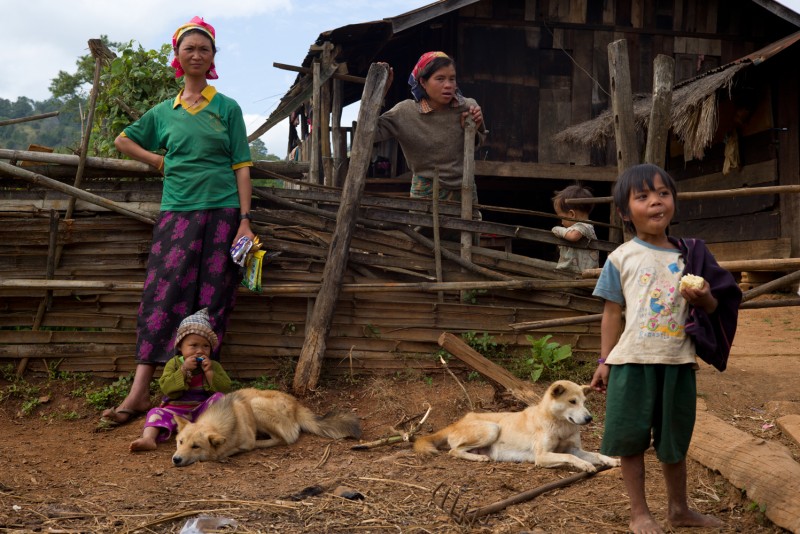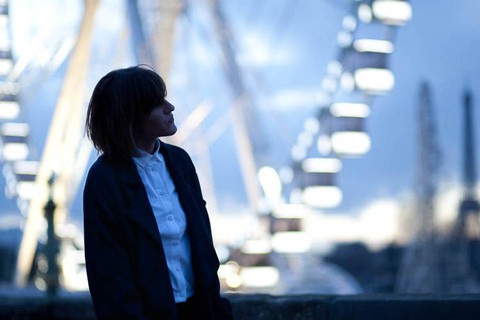A symbol of pride
A symbol of pride
Coco Neuville
April 7, 2015

A lot of these women have fled the unstable political situation in Kayah State and crossed the Burmese border into Thailand, where they are now trapped as tourist attractions in what critics call 'human zoos'. As a sign of rebellion against what some of these women experience as humiliation, a new generation of Kayan Padaung women is rejecting the rings. It is a hard and compromising decision to make, since it implies that they are renouncing their people’s tradition and, in addition, they are cast out of the tourist attraction villages in Thailand. With no work papers or citizenship, these rebellious Kayan Padaung have no alternative but to return to their villages in Burma, where they feel they could be in danger.
Suya (on the left) is one of this new generation of women who decided to rebel against the conditions of the Kayan Padaung in Thailand. As a result of taking off the rings around her neck, she was cast away and returned to her village in Burma where this picture was taken. She holds her head high above a bare neck.”
In 2014, Neuville travelled to Myanmar to create a visual record that preserves the distinctive traits of the country’s more than 130 ethnic minorities, whose cultures are threatened by the changes currently taking place within the country. A selection can be seen in the current issue of LFI.
Coco Neuville+-
Born 1980 in Paris, where she still lives and works today, Neuville studied Fashion Design at the Ateliers Chardon-Savard. She now works as a fashion photographer, published in Flair, Qvest, Conde Nast Traveler and Spex, among others. More

